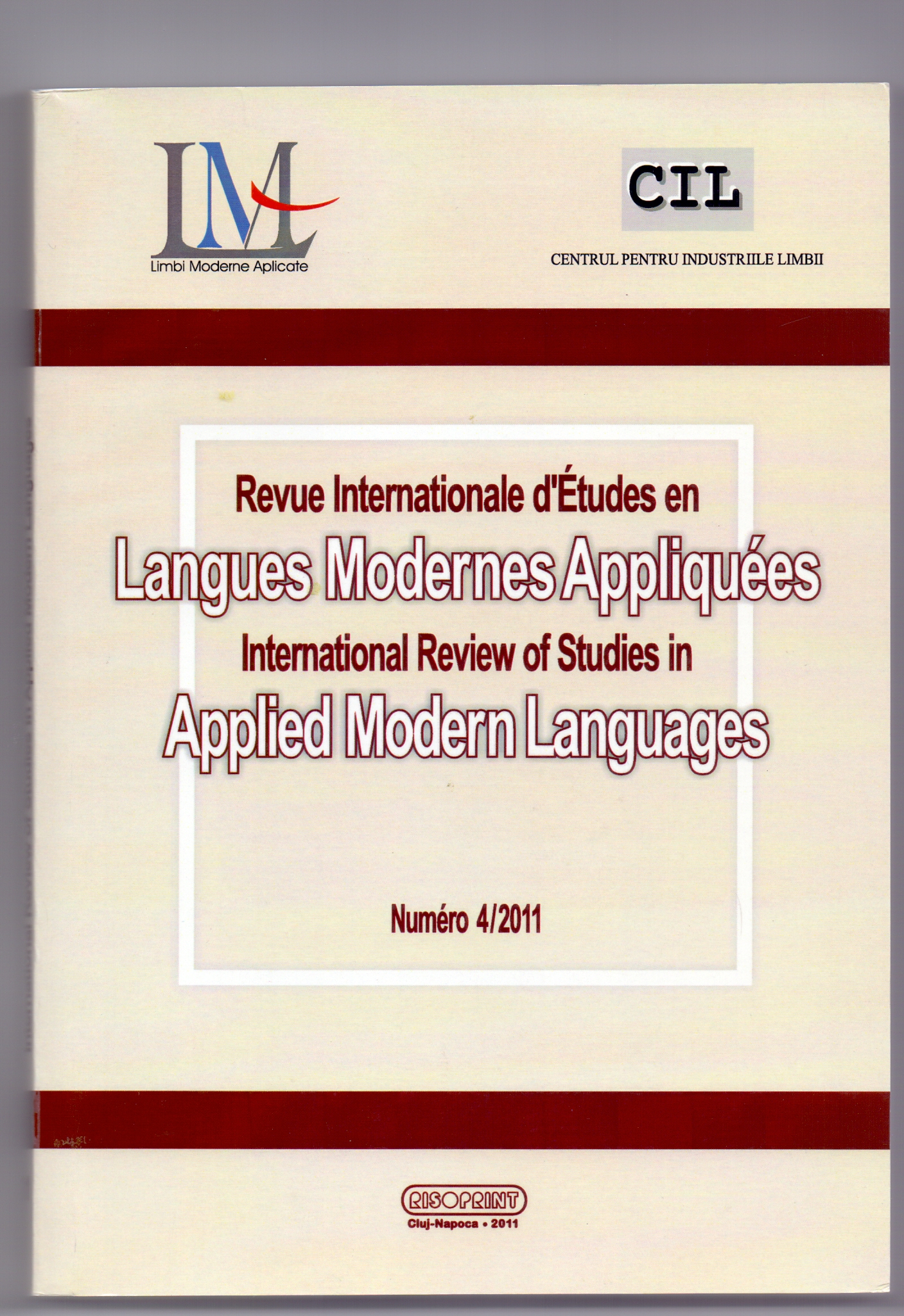“Palabras que no tienen una correspondencia exacta”: La voz de los traductores principiantes
“Palabras que no tienen una correspondencia exacta”: The Voice of Novice Translators
Author(s): Marisa PresasSubject(s): Translation Studies
Published by: Risoprint
Keywords: implicit theories; translation; novice translators; empirical studies;
Summary/Abstract: It seems obvious that expert translators, whether self-taught or formally trained, work on the basis of some theoretical notions and are capable of voicing them explicitly. What may not seem so obvious is that novice translators also have some theoretical bases. Nonetheless, empirical studies show that even novice subjects can formulate certain principles that they have applied when translating. From a different perspective descriptive studies try to identify in translated texts which standards have been used by the translators. Both kinds of studies show that translators often make their decisions intuitively but based on some theoretical knowledge. In the social sciences and psychology this kind of knowledge is referred to as implicit theories or subjective theories. My paper will present the results of a preliminary qualitative analysis of work from my own translation students. The notional framework for this analysis draws from precursors in both descriptive and cognitive approaches to translation. It also draws from a model of implicit theories of translation that has been developed from models in the fields of pedagogy and cognitive psychology. The results may not be taken as solid proof, but they partially confirm our assumptions about the content, nature and function of the implicit theories of novice translators.
Journal: Revue Internationale d'Études en Langues Modernes Appliquées
- Issue Year: 2011
- Issue No: 04
- Page Range: 103-119
- Page Count: 17
- Language: Spanish

